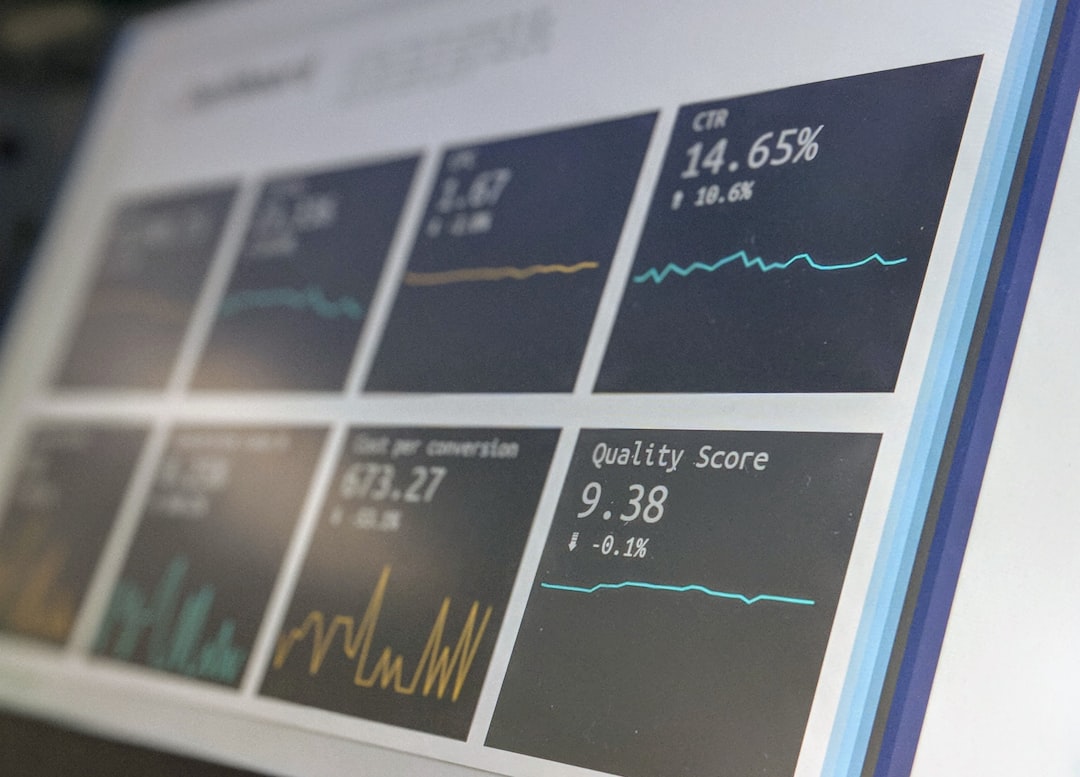In today’s digital age, businesses are inundated with data from various sources such as social media, consumer behavior, and market trends. This influx of information, commonly referred to as big data, has revolutionized the way organizations make decisions. Big data analytics has become a crucial tool for businesses to gain insights, improve efficiency, and increase competitiveness in the market.
One of the most significant impacts of big data on decision-making in businesses is the ability to make more informed and data-driven decisions. With the help of advanced analytics tools, organizations can analyze large datasets in real-time to identify patterns, trends, and correlations that were previously hidden. This allows businesses to better understand their customers, market dynamics, and internal operations, enabling them to make more accurate predictions and decisions.
Big data also enables businesses to personalize their products and services based on customer preferences and behaviors. By analyzing customer data, businesses can create targeted marketing campaigns, recommend personalized products, and improve customer satisfaction. This personalized approach not only enhances the customer experience but also boosts sales and loyalty.
Furthermore, big data plays a crucial role in risk management and fraud detection. By analyzing vast amounts of data in real-time, businesses can identify potential risks, fraud, and security breaches before they escalate. This proactive approach helps organizations mitigate risks, protect their assets, and maintain their reputation in the market.
In addition, big data analytics can also optimize business operations and improve efficiency. By analyzing data from various sources, organizations can identify inefficiencies, streamline processes, and optimize resource allocation. This leads to cost savings, increased productivity, and improved overall performance.
However, leveraging big data for decision-making is not without its challenges. One of the major obstacles businesses face is the sheer volume and complexity of data available. Without the right tools and expertise, organizations may struggle to extract relevant insights from large datasets, leading to inaccurate decisions.
Moreover, there are concerns about data privacy and security. With the increasing amount of personal data being collected and analyzed, businesses must ensure that they comply with data protection regulations and safeguard customer information from cyber threats.
In conclusion, big data has had a profound impact on decision-making in businesses. By harnessing the power of data analytics, organizations can make more informed decisions, personalize products and services, manage risks, and improve efficiency. However, businesses must address the challenges associated with big data to fully capitalize on its potential and stay competitive in the market.

